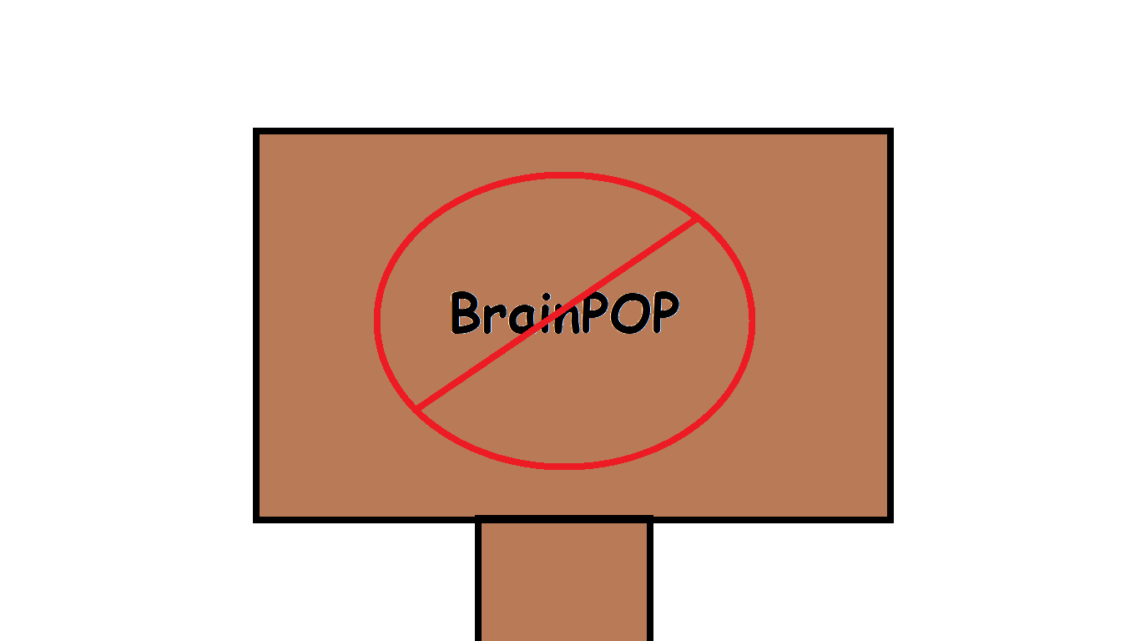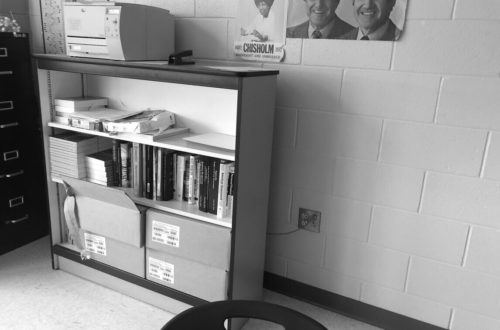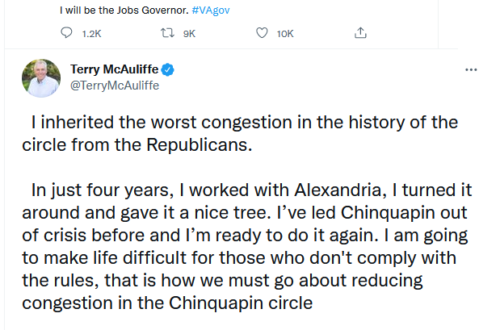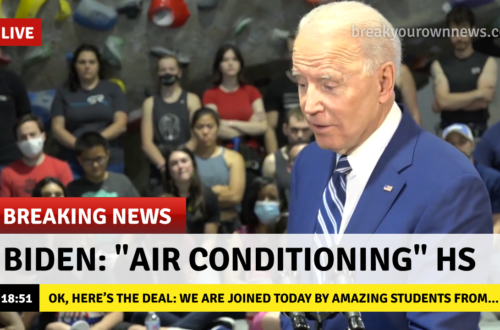Hey hey, ho ho, BrainPOP site has got to go
Peerawut Ruangsawasdi
Staff Writer
I am appealing to fellow scholars and educators of our esteemed Alexandria City High School about a matter of the utmost importance facing our students today. Last Friday, I attempted to access YouTube on my school-issued Chromebook during Lunch and Learn to study a concept for a test. I then realized that YouTube is restricted.
While initially slightly irritated and frustrated, I had a moment of enlightenment, as I realized that this was a necessary sacrifice. Even though I was not able to study, I was relieved knowing that students, myself included, would not be potentially distracted during class; and are now safe from the severely detrimental effects of the dangerous website that is YouTube.
However, when browsing Clever to kill time a few hours ago, as one usually does, I noticed that BrainPOP is still under the ACPS Resources tab. I find this strongly concerning.
BrainPOP is an “educational website,” or so they say. While it is true that it can have some educational value, the site is loaded with distractingly fun content. A student finding something entertaining to do on the site would not be required to put in much effort to find such activities.
On the other hand, a student not exercising enough caution could easily be swept away in the stream of entertainment of BrainPOP activities. Argument Wars, Branches of Power, Cast Your Vote, Counties Work, Do I Have a Right?, Election Night 2020, and Immigration Nation are just a handful of a long list of games available for students to exercise and unleash their civic pride at the expense of their education. One 2011 study by the University of Cumberlands indicated that students who played video games had significantly lower grade-point averages than those who did not play video games. Additionally, as reported in Theogony, “[Some researchers] have pointed to the omnipresence of video games in boys’ lives as an explanation for why they are lagging behind women not just in college enrollment, but in elementary school and secondary school performance as well.”
So, what can we do? Certainly, leaving the site open for students is not the appropriate course of action. Under the present circumstances, the administration must shut down access to the site immediately.
While that is presumably easily achievable, there seems to be another potential avenue for students to access the site. It is ungodly approaching, and it poses a threat of gratifying magnitude to our enlightened community.
During the last principal’s chat, A.C. Principal Peter Balas stated that the school is looking to increase cellular reception within the confines of the school building. Although that might seem amazingly convenient for us, I urge you to be wary of such action.
Though it may be true that with cellular reception, students and staff will have access to the necessary services of their phones, whether that be texting, browsing, finding information, or contacting loved ones. But one cannot deny that this presents a potential problem for us — what would happen if students used this as a means to access BrainPOP? The effects on their education would be unthinkable. Our beloved Alexandria City High School would surely risk becoming a low-performing school.
But it does seem like, at least for now, cellular reception will not be implemented soon — that is somewhat reassuring.
I would like to plead with the administration to please restrict access to BrainPOP. Please consider the consequences — we surely do not want our beloved institution to be low-performing, now, do we?
Photo by Peerawut Ruangsawasdi






